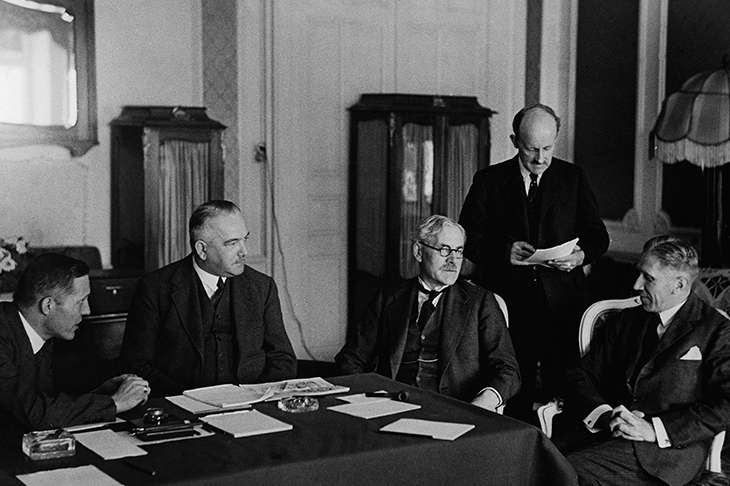The minister’s private secretary wrote to another cabinet minister about the previous day’s cabinet meeting:
They cannot agree about what occurred. There must have been some decision, as Bright’s resignation shows. My chief has told me to ask you what the devil was decided, for he be damned if he knows. Will you ask Mr G. [Gladstone] in more conventional and less pungent terms?
That was in 1882. Twenty years later, the fog still reigned. Sir Robert Morant, the driving force behind Balfour’s 1902 Education Act, wrote:
Impossible to find out after a cabinet meeting what has actually been the decision. Salisbury does not seem to know or care, and the various ministers who do care give me contradictory versions.
As late as 1915, when the horrors of the Great War were approaching their worst, an exasperated Curzon (used to the well-oiled bureaucracy of Calcutta) complained:
There was no agenda, no order of business… no record whatever was kept of our proceedings… The cabinet often had the very haziest notion as to what its decisions were.

Get Britain's best politics newsletters
Register to get The Spectator's insight and opinion straight to your inbox. You can then read two free articles each week.
Already a subscriber? Log in






Comments
Join the debate for just $5 for 3 months
Be part of the conversation with other Spectator readers by getting your first three months for $5.
UNLOCK ACCESS Just $5 for 3 monthsAlready a subscriber? Log in